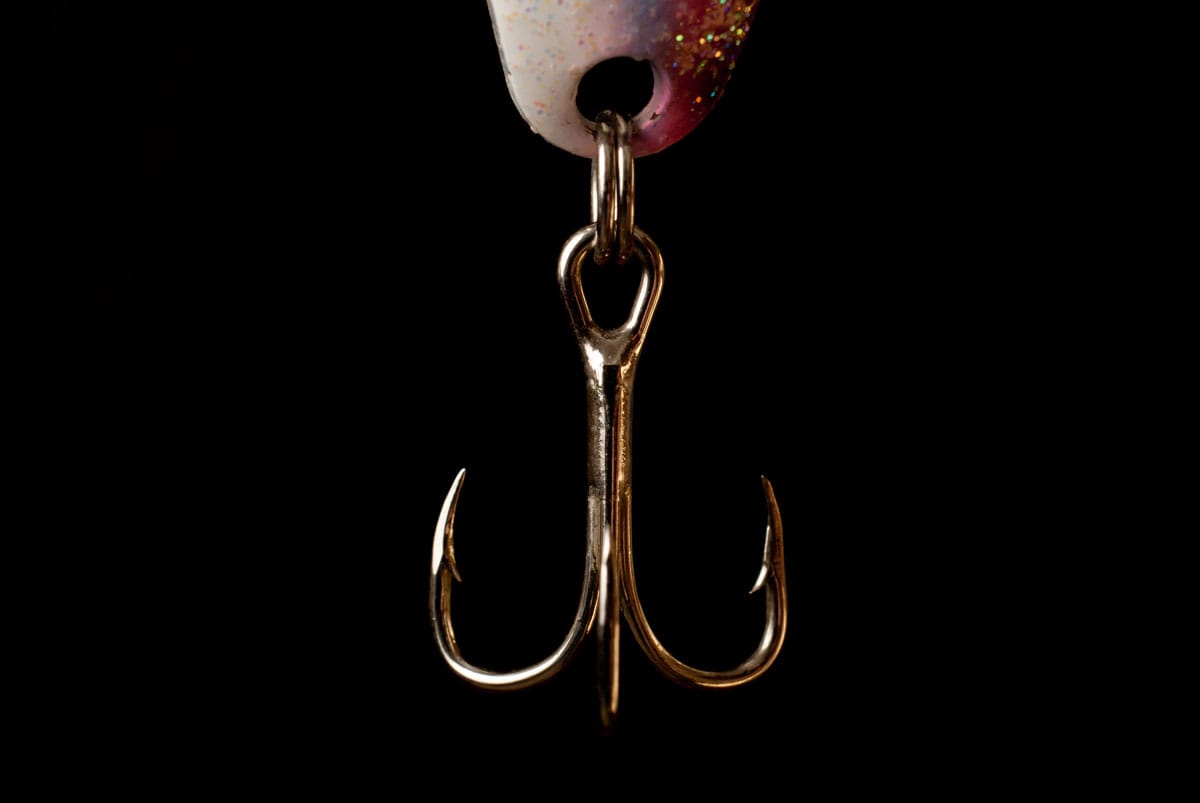
The following is Pema Chödrön on shenpa -- the urge, the "hook," that
triggers our habitual tendency to close down.
We get hooked in that moment of tightening when we reach for relief. To get unhooked, we begin by recognizing that moment of unease and learn to relax in that moment.
We’re trying to make a point with a co-worker or our partner. At one
moment her face is open and she’s listening, and at the next, her eyes
cloud over or her jaw tenses. What is it that you’re seeing?
 Someone criticizes us. They criticize our work or our appearance
or our child. At moments like that, what is it we feel? It has a
familiar taste in our mouths, a familiar smell. Once we begin to
notice it, we feel like this experience has been happening forever.
Someone criticizes us. They criticize our work or our appearance
or our child. At moments like that, what is it we feel? It has a
familiar taste in our mouths, a familiar smell. Once we begin to
notice it, we feel like this experience has been happening forever.The Tibetan word for this is shenpa. It is usually translated “attachment,” but a more descriptive translation might be “hooked.” When shenpa hooks us, we’re likely to get stuck.
 We could call shenpa
“that sticky feeling.” It’s an everyday experience. Even a spot on our
new sweater can take us there. At the subtlest level, we feel a
tightening, a tensing, a sense of closing down.
We could call shenpa
“that sticky feeling.” It’s an everyday experience. Even a spot on our
new sweater can take us there. At the subtlest level, we feel a
tightening, a tensing, a sense of closing down.
Then we feel a sense of
withdrawing, not wanting to be where we are. That’s the hooked quality.
That tight feeling has the power to hook us into self-denigration,
blame, anger, jealousy, and other emotions that lead to words and
actions that end up poisoning us.
- Shenpa is usually involuntary, and it gets right to the root of why we suffer.
Remember the fairy tale in which toads hop out of the princess’s
mouth whenever she starts to say mean words? That’s how being hooked can
feel. Yet we don’t stop -- we can’t stop -- because we’re in the habit of
associating whatever we’re doing with relief from our own discomfort.
 |
| Dharma Meditation Initiative, Los Angeles |
This is the shenpa syndrome. The word “attachment” doesn’t quite
translate what’s happening. It’s a quality of experience that’s not easy
to describe but which everyone knows well. Shenpa is usually involuntary and it gets right to the root of why we suffer. More






















































































































































































































































No comments:
Post a Comment